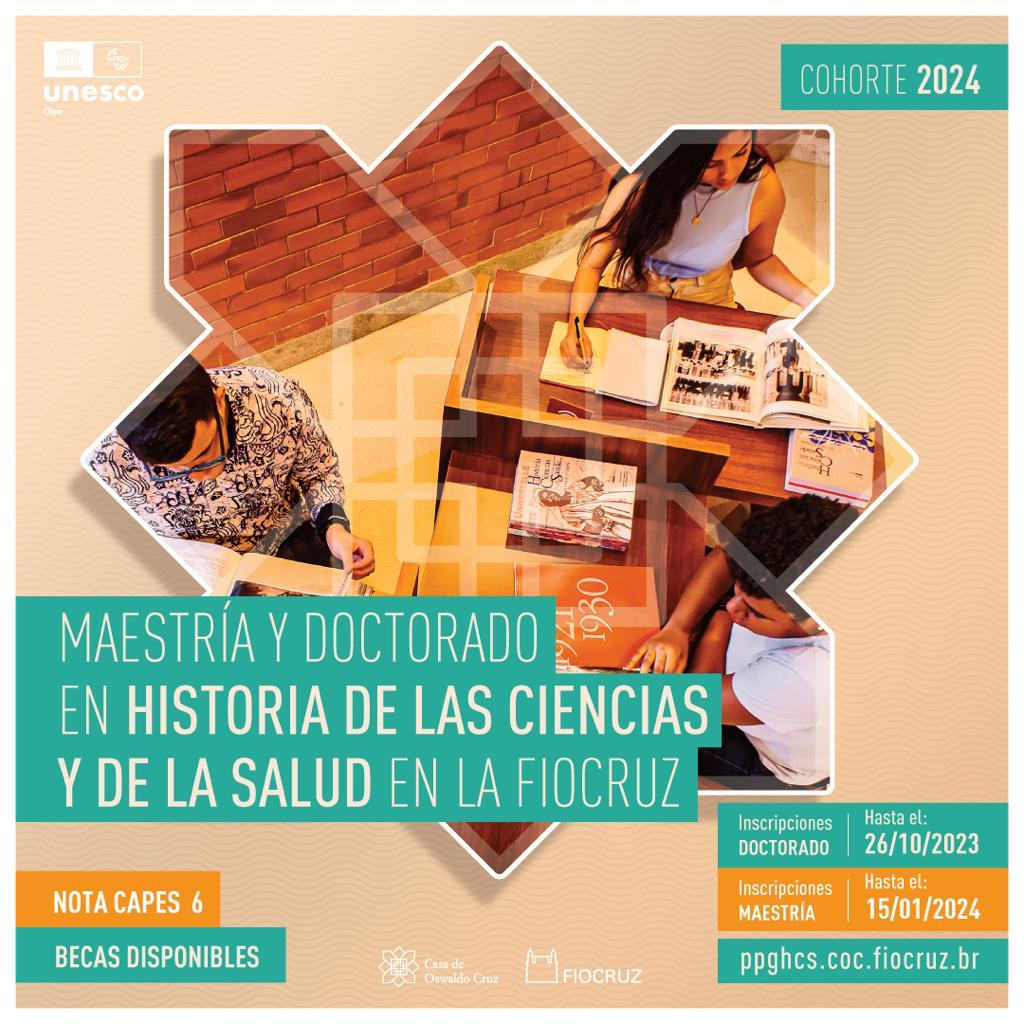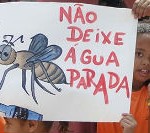August, 25, 2020
In current thinking, hygiene is synonymous with cleanliness. However, this was not always the case. Today, the terms hygienism and hygienist are often used dismissively, since hygiene came to mean a centralized and authoritarian intervention, with the State wielding social control over individuals.
The article Hygiene as individual practice and as an instrument of the State, written by researcher Rafael Mantovani and Maria Cristina da Costa Marques, of Universidade de São Paulo, published in the latest issue of HCS-Manguinhos (vol.27 no.2 Apr./June 2020) outlines some understandings of the word “hygiene”.

Hygeia, Goddess of Health. Peter Paul Rubens, circa 1615. Detroit Instititute of Arts
The historical research shows that what was defended as hygiene and public hygiene practices varied greatly according to the thinking of that time and local political aspirations. They ranged from understanding hygiene as a careful diet and temperance to the need to alleviate the effects of poverty and even cleanliness.
The notion evolved from an individual method for organizing daily life and prolonging the lifespan to serve as a concept for actions the State could take to govern society as a biological entity. This concept acquired scientific legitimacy at the turn of the nineteenth century and circulated widely among the European states, spreading an ideal of “hygienic” behavior that was legitimized by various treatises on public hygiene.
See our latest issue:

See articles related to hygiene and Hygienism in HCS-Manguinhos:
Mantovani, Rafael and Marques, Maria Cristina da Costa. Hygiene as individual practice and as an instrument of the State. Hist. cienc. saude-Manguinhos, Jun 2020, vol.27, no.2.
Alvarez, Adriana. Resignificando los conceptos de la higiene: el surgimiento de una autoridad sanitaria en el Buenos Aires de los años 80. Hist. cienc. saude-Manguinhos, Oct 1999, vol.6, no.2, p.293-314.
Ferrandis, Xavier García and Martínez-Vidal, Àlvar. Salud pública, espacio urbano y exclusión social en la España de posguerra: la epidemia de tifus exantemático en la ciudad de Valencia, 1941-1943. Hist. cienc. saude-Manguinhos, Abr 2019, vol.26, no.2.
Aguirre-Bolaños, Nydia. La etapa posterior a la erradicación de la viruela en México, 1952-1977. Hist. cienc. saude-Manguinhos, Set 2018, vol.25, no.3.
Vásquez, María Fernanda. Degeneración y mejoramiento de la raza: ¿higiene social o eugenesia? Colombia, 1920-1930. Hist. cienc. saude-Manguinhos, Ago 2018, vol.25, suppl.1.
Maya González, José Antonio. La higiene mental en el México posrevolucionario: la psiquiatría en el siglo XX. Hist. cienc. saude-Manguinhos, 2017, vol.24, suppl.1.
Pascual, Cecilia M. La epidemia de cólera como condensador de sentidos: culturas urbanas, narraciones clínicas y políticas higiénicas en Rosario, Argentina, 1886-1887. Hist. cienc. saude-Manguinhos, Abr 2017, vol.24, no.2
Campos, Ricardo. Autoritarismo y eugenesia punitiva: higiene racial y nacionalcatolicismo en el franquismo, 1936-1945. Hist. cienc. saude-Manguinhos, Dic 2016, vol.23, suppl.1, p.131-148.








